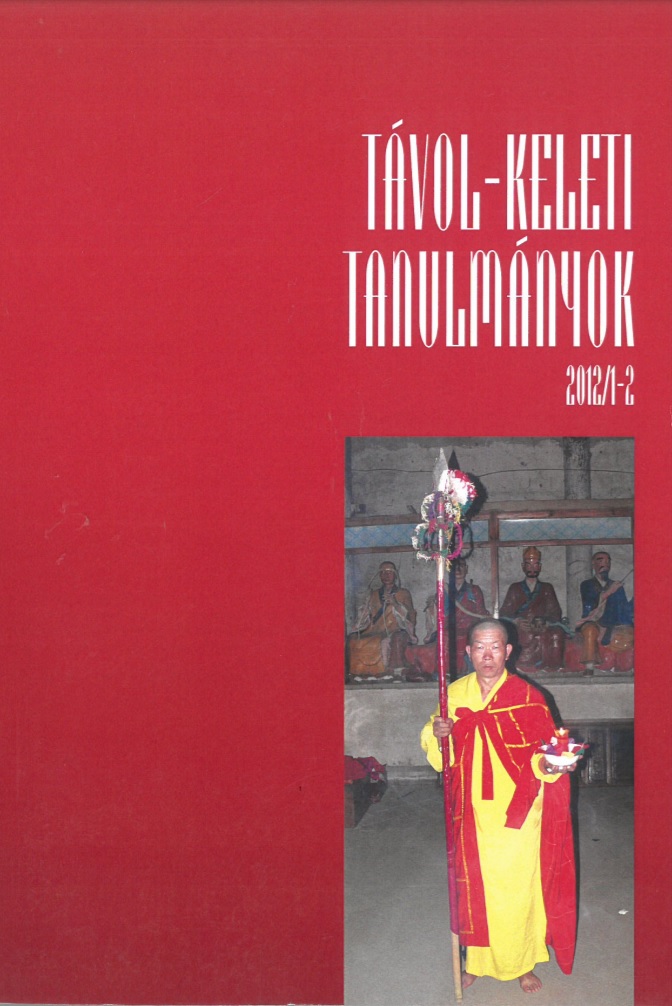Inventing or reviving tradition? Some questions of modern Japanese nation building and culture
Published 2014-09-03
How to Cite
Copyright (c) 2014 the author(s)

This work is licensed under a Creative Commons Attribution-NonCommercial 4.0 International License.
Abstract
According to the opinions expressed in the secondary literature of the past decades, many features of modern Japanese culture that were regarded “traditionally Japanese” have been proven to be “invented traditions” of an era of building a modern nation and national consciousness as part of the process of modernization in the 19th century. Creating a nation state with strong nationalism followed the European developmental pattern, but the basement (i.e. Japanese cultural traditions) on which it was built had been made during the Edo period. One of the aims of this paper is to trace back the sources of this process to the kokugaku 国学 movement of the Edo 江戸 period. The modernist interpretation of ‘the invention of the tradition’ can be misleading, as this process does not mean introducing false or completely unknown motifs; they were never completely invented, but contained some sort of old cultural heritage, forgotten – but once existing – tales and literary forms and language parts. The kokugaku of the Edo period can be seen as a key factor of the later nation building process in the 19th century. Meiji 明治 scholars used kokugaku concepts of Japan to construct a modern type of nationalism that was not simply derived from Western models and was not purely instrumental, but made good use of premodern and culturalist conceptions of community.
